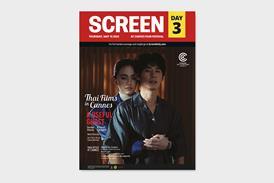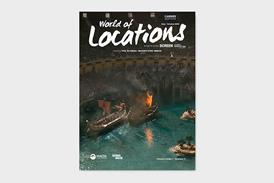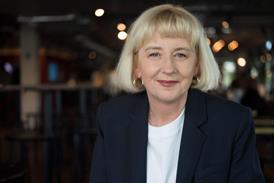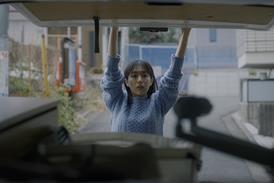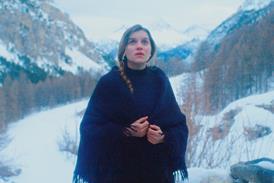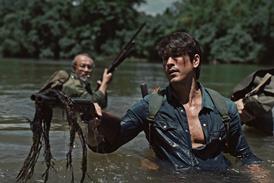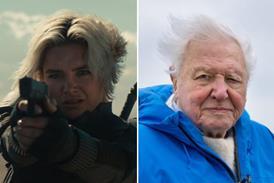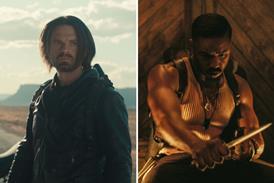Sepideh Farsi’s ACID film pays tribute to its subject Fatma Hassona, killed in Gaza in April

Dir: Sepideh Farsi. France/Palestine/Iran. 2025. 110mins
This celebration of resilience was transformed into a poignant last testimony by the death of Gaza resident and documentary subject Fatma Hassona in an Israeli airstrike on April 16th. Sepideh Farsi’s documentary Put Your Soul On Your Hand And Walk is built around Farsi’s video calls with Hassona over the course of 2024, and offers an intimate portrait of daily life as Gaza became a hell on earth. The world premiere in Cannes ACID should be the start of an extensive festival journey for a film with similarities to the Oscar-winning No Other Land in how it brings an individual perspective to unimaginable events.
A celebration of someone who was both ordinary and extraordinary
Iranian director Farsi has spent a significant part of her career trying to convey life in her homeland with films like Tehran Without Permission (2009) and La Sirene (2023). Her characteristic curiosity and empathy are also the driving forces behind Put Your Soul, as she seeks to understand what life is like for ordinary Palestinians as the world around them is reduced to rubble. A mutual friend introduced her to Hassona, a 24 year-old living in northern Gaza. Their video calls slowly allow her to construct a picture of hardship, and also to develop a mutual friendship.
Every call between them feels as if it could be the last but Hassona always appears, adjusting her hijab and wearing a massive grin. Despite everything she endures, she seems happy to talk to someone from the outside world who sees her and cares about what is happening.
Farsi uses footage from television stations CNN, Al Jazeera and France 24 to sketch in the main events from the period, covering the hopes of a possible peace deal, the judgement of the International Court Of Justice and the ongoing fate of Israeli hostages. Hassona’s conversations make everything personal as she discusses family members who have been killed, nearby buildings that have been destroyed, the lack of water and electricity and ultimately the threat of starvation. She confides that she dreams of eating chicken again, or savouring a single piece of chocolate.
There is no hint of self-pity in Hassona’s words as she describes the death of a friend or an aunt whose head is found in a different street to her body. She constantly thinks of others, helping to distribute any available aid to hungry children. Her cheerful optimism in the face of terrible conditions is inspirational. We learn more about her, including a desire to travel that is particularly ironic as the Paris-based Farsi makes contact from Montreal, Morocco and Cannes as she travels for work. A bond forms between these two women who never meet. Farsi sees something of her own spirit in Hassona, and Hassona feels that she has found a mother figure. We can also sense the helplessness that constantly frustrates Farsi.
Over the course of the film, we meet members of Hassona’s family and also Farsi’s cat but the focus is always on the conversations that continue despite the problems of communication within a wartorn land. The images of their calls, lost connections and split screen encounters give the film the slightly monotonous look of one long video call. Farsi does vary the film’s visual appeal by the extensive use of Hassona’s photographs of resilience, survival and the human price of conflict. A man sits in a throne-like, winged armchair amidst a scene of utter devastation, a young hand is all that is visible of a corpse beneath the wreckage of a building. These images are powerful and testify to her skill as a photographer; one of many talents that included writing poetry and composing songs.
Hassona’s optimism even endures in their last call of April 15th, 2025 as she receives the news that their film has been accepted for Cannes. Hassona and members of her family were killed the following day. Farsi’s film now stands as a powerful memorial to someone who was both ordinary and extraordinary.

